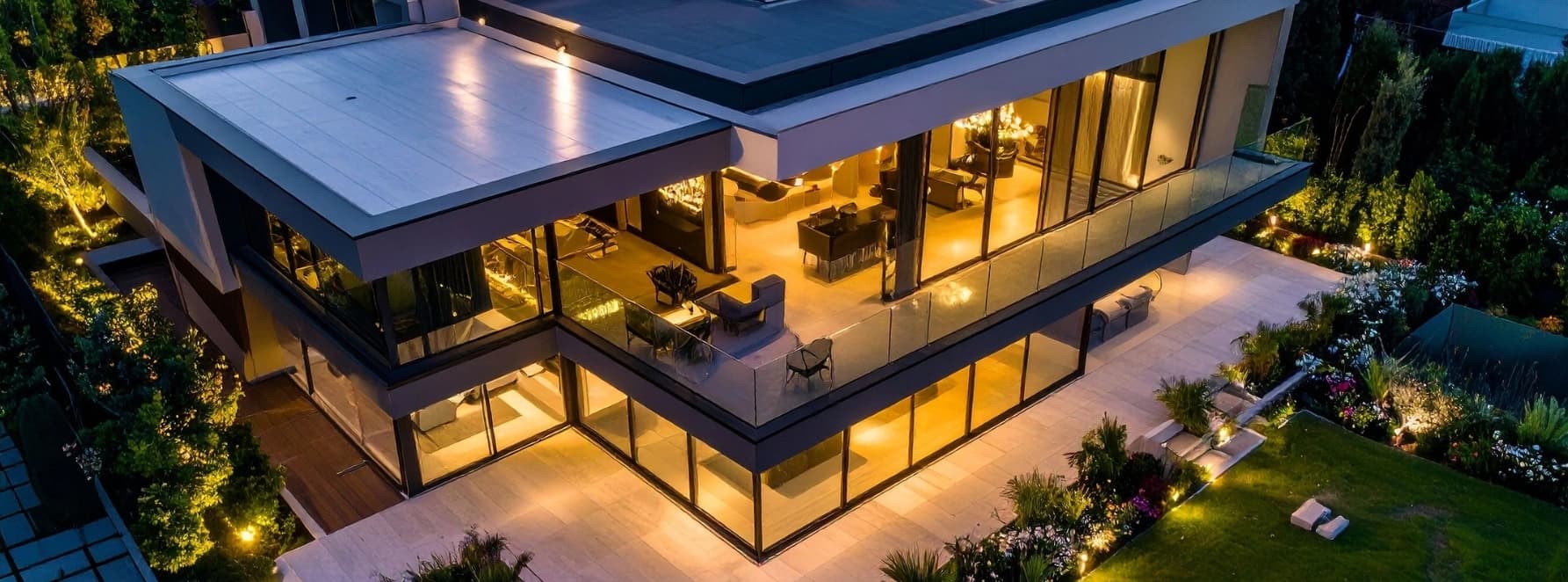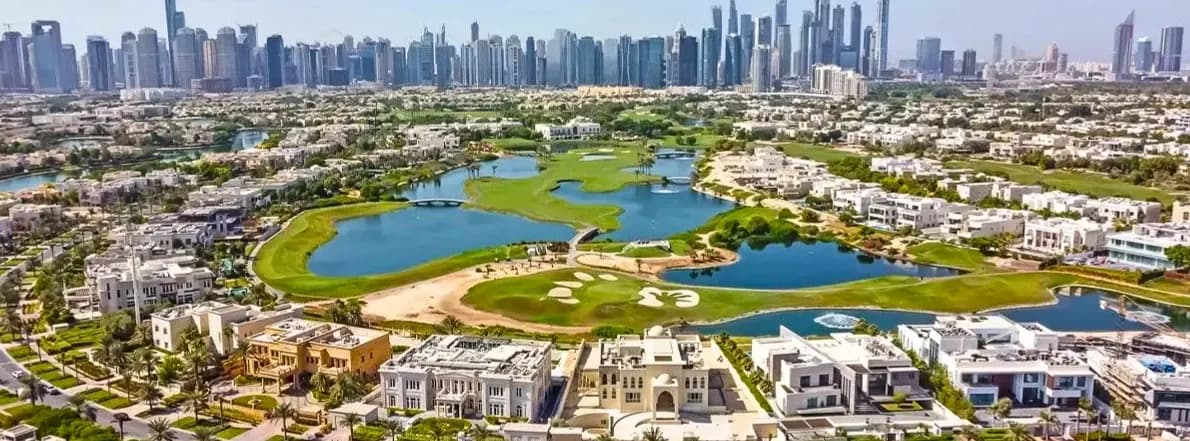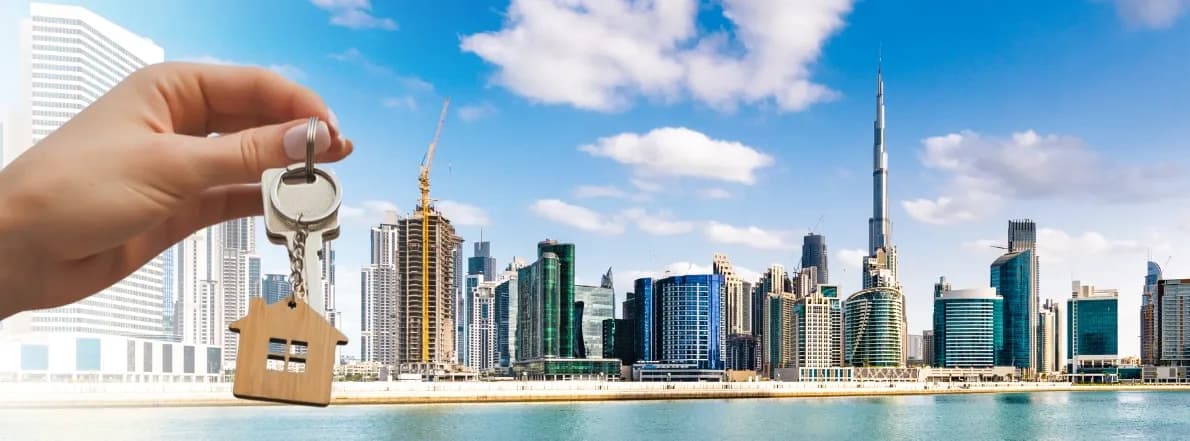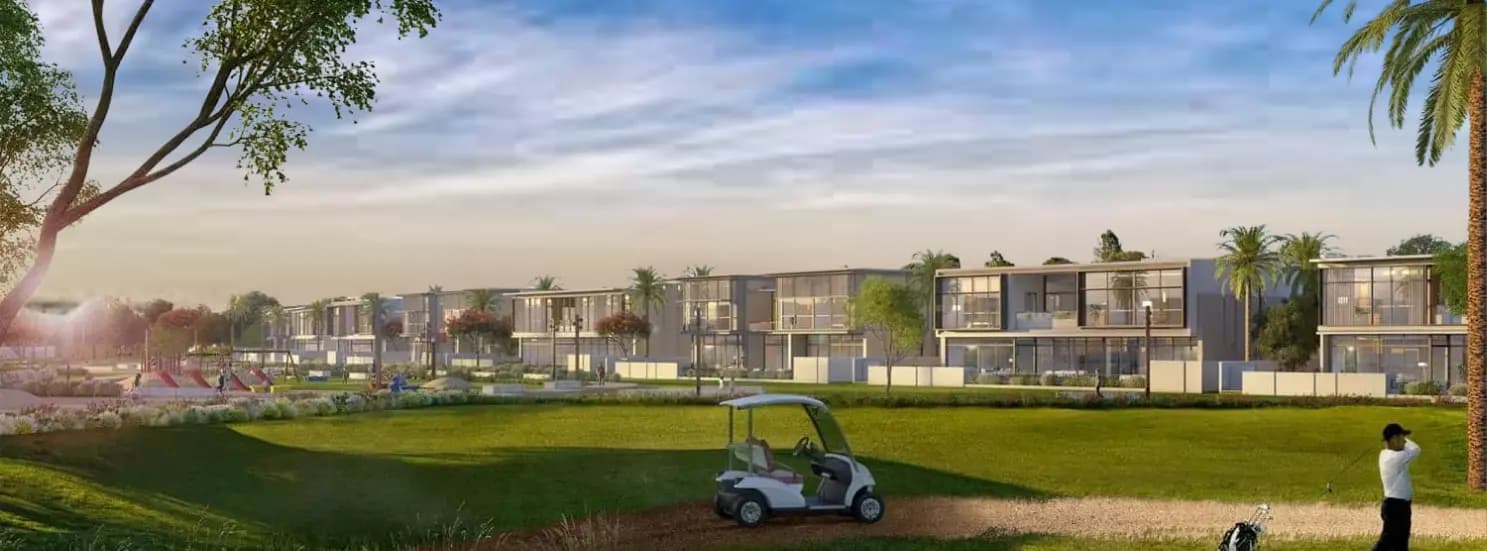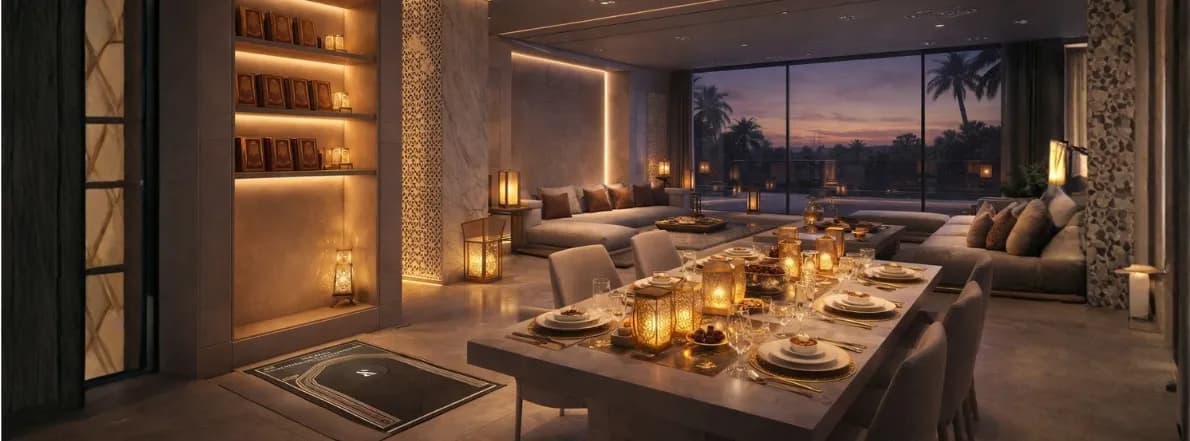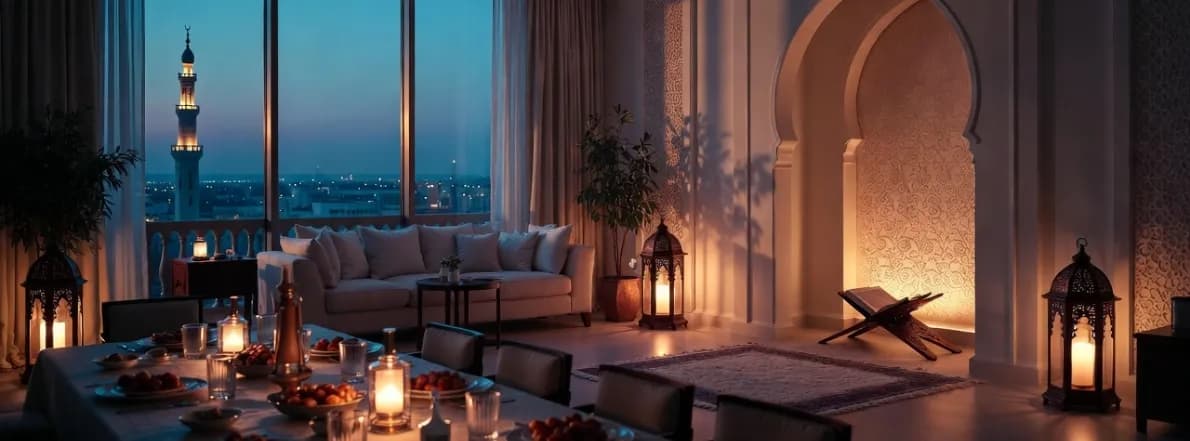UAE, a global hub for businesses and residential spaces, as per many reports, is seeking some intelligent transformations in the luxurious living where Smart Homes are trending in the real estate market, promoting an opulent living experience backed by the latest and advanced tech. Nowadays, smart homes feature lifestyle improvement, security enhancements, and, more importantly, energy efficiency. This page highlights how smart homes are becoming widely accepted and their future in the UAE, depending on the 2025 scenarios.
What are smart homes?
Smart homes are basically living spaces where advanced technology is integrated to automate and regulate various functions, such as lighting, room temperature, air flow, entertainment systems, and more. The tech involves sensors powered by AI and other algorithms, offering a seamless living experience.
Key Characteristics of Smart Homes
- Automation: Smart homes have built-in devices that perform tasks automatically.
- Remote access: You can monitor and control home devices remotely from anywhere connected to the internet.
- Centralized control: Systems in your smart homes have a centralized control interface.
- Energy Efficiency: Energy optimisation can be done by monitoring and adjusting settings.
- Security: Smart locks, cameras, and motion sensors add an extra security layer with greater convenience.
How did Smart Homes become popular in the UAE?
As of 2025, there has been a significant rise in the popularity of smart homes in the UAE and the global market. Real estate experts believe that there could be many factors that are promoting smart homes. The integration of tech in the living environment was initiated on a large scale in 2013 in the Smart Dubai initiative, which aims to revolutionize city living. In the starting phase, sophisticated technologies, like programmable thermostats and automated lighting systems, were included. Still, nowadays, it has been taken to a next level, where voice control and advanced security systems have been incorporated as a part of smart homes in the UAE. Here are some key factors driving the popularity of smart homes in the UAE:
- Smartphone Integration: Controlling most of your smart home appliances just by using your smartphone is one of the key features of smart homes nowadays, which attracts most people to experience them and incorporate them into their daily lifestyles.
- Voice Assistants: In addition to smartphone integrations, smart homes are also powered by AI. Voice-activated assistants are an intriguing part of this, offering users the ability to interact with their smart homes and even control equipped devices via voice commands.
- Internet and Connectivity: Seamless connectivity among smart home appliances and devices is crucial for remote accessibility and control; thus, affordable internet plans are essential.
- Convenience and Control: Smart homes are highly convenient because they allow residents to automate tasks and control appliances, home lighting, etc., from a single location.
- Home Security: Smart homes are equipped with many security features, such as sensors, cameras, and sensor-based door locks, which provide homeowners with more peace of mind and remote monitoring.
- Energy Efficiency: Home systems are furnished with energy-efficient systems that reduce electricity consumption and save money on bills. These include smart thermostats and automatic lighting that turns on and off based on room occupancy.
Challenges for Smart Homes in the UAE
Although smart homes are gaining popularity, and many are undoubtedly speculating them as the future of living spaces in the UAE, there are some challenges, such as high initial costs, data security and privacy concerns, and technical compatibility. Moreover, there might be an increase in dependency on the internet and power. Here are some key challenges that you might face while choosing smart homes as your living space in the UAE.
- User-Oriented Complications: Adapting to smart homes can be challenging when you're not a tech freak, or if you are a tech lover, you may be overly dependent.
- Financial Issues: The initial cost is higher than usual if you go with integrated smart home systems. However, the maintenance and upgrade costs can affect your pocket. These systems regularly need software updates and occasional troubleshooting.
- Technical Difficulties: The more smart products you integrate, the more compatibility issues can increase among various brands. They may not seamlessly work together. In most places, there might be some lack of standardisation that can be easily identified.
- Security and Privacy Concerns: Furthermore, smart homes are connected to the internet all the time, which poses cybersecurity and data privacy risks, as they are vulnerable to hacking and require strong security measures.
Conclusion
UAE has shown a bright future in the Smart Homes segment when it comes to Luxury living, and the current market of smart homes is a testament to adapting and innovating global trends and evolving preferences. Smart Homes have become a model for integrating sustainability, innovation, and luxury in major cities of the UAE. This page provides an overview of the future of smart homes and how they promise a safer, more reliable, and more convenient lifestyle.
